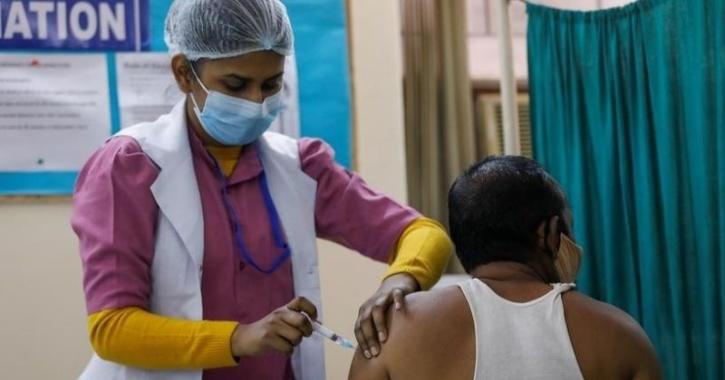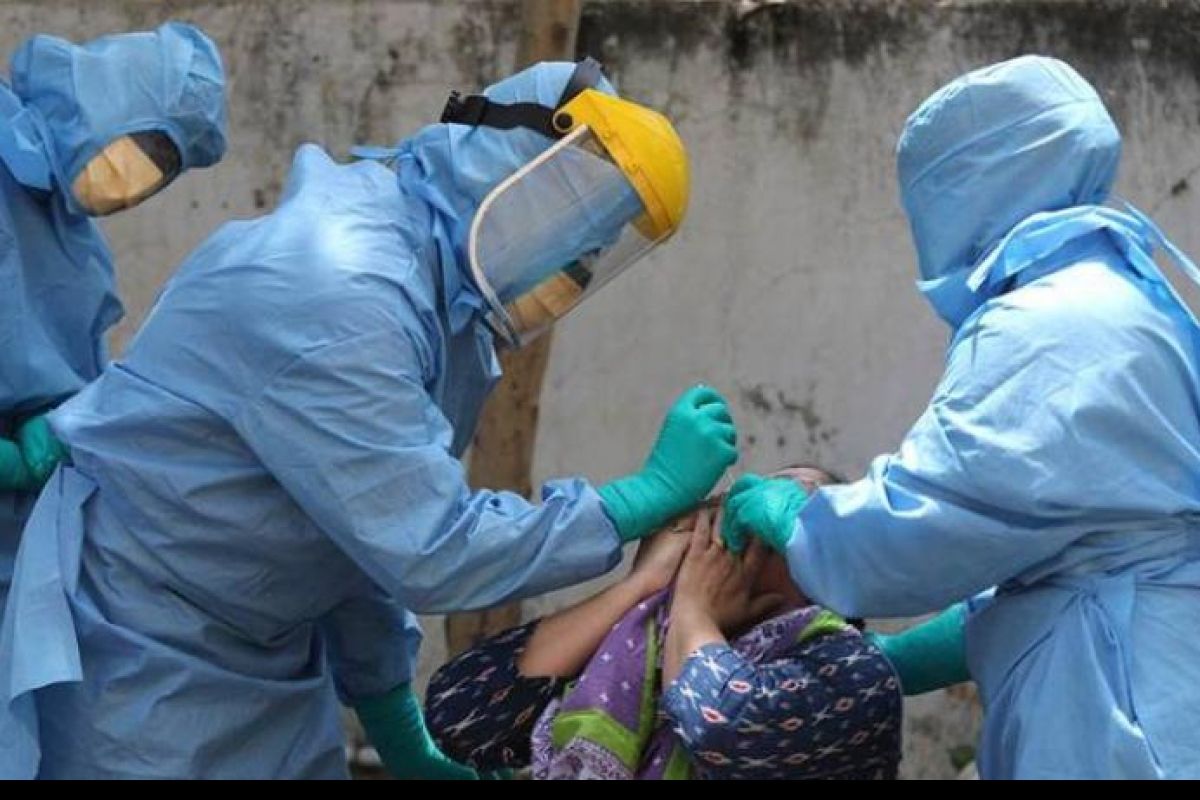New Delhi: A recent study has revealed that the immunity for Covid-19 lasts for six to seven months at least, but between 20% and 30% of those infected lose this immunity after 6 months. Yes, you read that right! The research was conducted by the Institute of Genomics and Integrative Biology (IGIB).
“The key finding of 20-30% of subjects losing virus-neutralizing activity, despite staying seropositive, at 6-month follow-up helps understand why the large second wave has not spared cities like Mumbai with high seropositivity,” Dr Anurag Agarwal, the director of IGIB said in a tweet.

(Source: Reuters)
This research is extremely pertinent at this time as the country is reeling under the second wave of the deadly virus and it emphasizes the importance of vaccines.
However, the research is still ongoing, but most vaccines currently in use are believed to protect people from severe infection and death. The researchers say that the findings can explain the current sudden spike in Mumbai and Delhi. These cities are witnessing a sharp spike in coronavirus cases despite having high seropositivity – or antibodies.
As per the reports, Delhi was found to have average seropositivity of just over 56% in January, which doctors in the city believe was the reason for the slowing of the pandemic after the post-Diwali surge. On Sunday, Delhi registered logged over 10,000 new cases. and Mumbai registered a spike of 9,327 on the weekend.
Meanwhile the IGIB study also established that seropositivity was inversely proportional to the Test Positivity Rate, which means, a higher prevalence of antibodies leads to a decline in transmission.
“In September, when we conducted a sero-survey across CSIR (Council for Scientific and Industrial Research) laboratories, just over 10% of the participants were found to have antibodies against the virus. Then, we followed up with a fraction of these participants for three and five to six months and conducted a quantitative test to check their antibody levels,” said Dr Shantanu Sengupta, senior scientist from IGIB and one of the authors of the study accepted for publication in eLife journal on Saturday.
The study claimed that at five to six months, close to 20 per cent of the participants had lost the neutralisation activity despite having antibodies. Neutralisation is the ability of the antibody to either kill the virus or completely prevent it from entering a cell.
